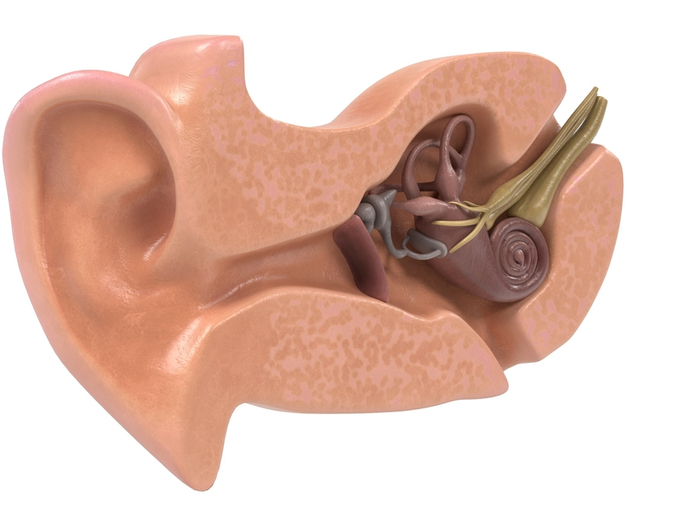Supporting healthier outcomes for stroke survivors
Intracerebral haemorrhage (ICH) is a severe form of stroke involving bleeding in the brain. The condition has a high death rate, and survivors are often left with disabilities and a high risk of ICH recurring. “We have known for a while that stroke prevention in ICH patients is a challenge,” says PRESTIGE-AF(opens in new window) project coordinator Roland Veltkamp from Imperial College London(opens in new window) in the United Kingdom. “This has been the focus of research for a while.” Researchers have found for example that around 25 % of ICH survivors have a condition called atrial fibrillation (AF), a major cause of ischaemic stroke (IS). AF is often prevented with oral anticoagulants, which help to prevent blood clotting.
Assessing the needs of ICH survivors
However, ICH survivors with AF have never been included in large, randomised control trials of this treatment, and success is uncertain due to the potential increased bleeding risk. The PRESTIGE-AF project sought to address this unmet need by conducting a major clinical trial of ICH survivors. An initial analysis of the literature broadly supported the hypothesis that oral anticoagulants can reduce the risk of IS by more than 50 %, without a significant increase in ICH recurrence. However, there were concerns that the result may be confounded by selection bias. This led to the conclusion that randomised controlled trials should be run, to resolve the long-standing uncertainty.
Patient-centric aspects of clinical trials
Two pilot-phase randomised controlled trials were conducted in the Netherlands and the United Kingdom, to show that a large trial like PRESTIGE-AF was feasible. The PRESTIGE-AF trial eventually enrolled 319 patients across 75 centres in six European countries. “We knew from the start that the results we got from these trials were likely to be complex,” adds Veltkamp. “To get more personalised answers, we developed prediction tools based on blood biomarkers and genetics, to help identify patients that might be in more need of anticoagulants than others and for whom anticoagulants appeared safer.” The project also took account of patient-centric aspects such as adherence, attitudes towards this medicine and gender imbalances in trial enrolment.
Personalised solutions for ICH patients
As predicted, the results of the trial were complex. The application of oral anticoagulants was shown to reduce instances of IS. “Patients that did not take anticoagulants had a much higher risk of ischaemic strokes,” notes Veltkamp. “We already knew this to some extent, but the larger than expected effect size of the efficacy in these patients was an important finding.” However, anticoagulants also had a significant adverse impact on rates of ICH recurrence. “The picture is complex,” adds Veltkamp. “I would say cautiously that on balance, the results are tilted in favour of using anticoagulants, but that there are patients for whom treatment may not be the appropriate choice.” Going forward, further analyses are needed to better understand the benefits and risks for individual patients. The results of PRESTIGE-AF will contribute to future joint analyses which will also include other ongoing large-scale trials. “Survivors of intracerebral haemorrhages are exposed to multiple opposing risks,” says Veltkamp. “Moving forward, it is clear that we need to develop more personalised solutions for such patients. This was a central vision of this project.”







